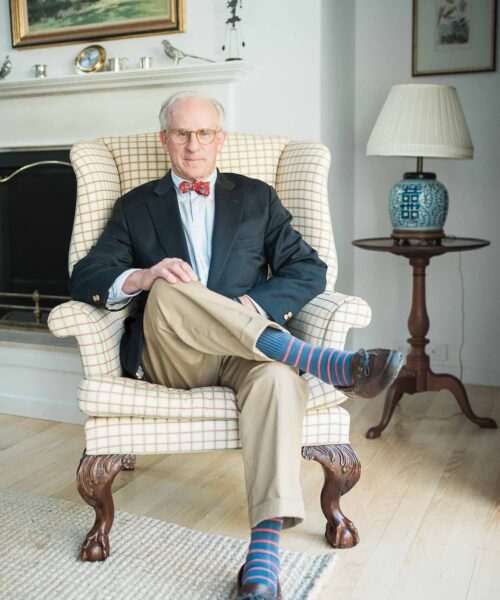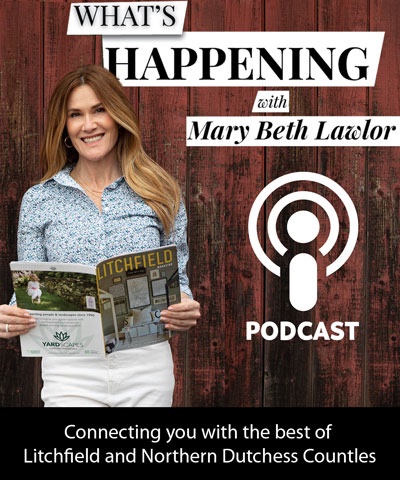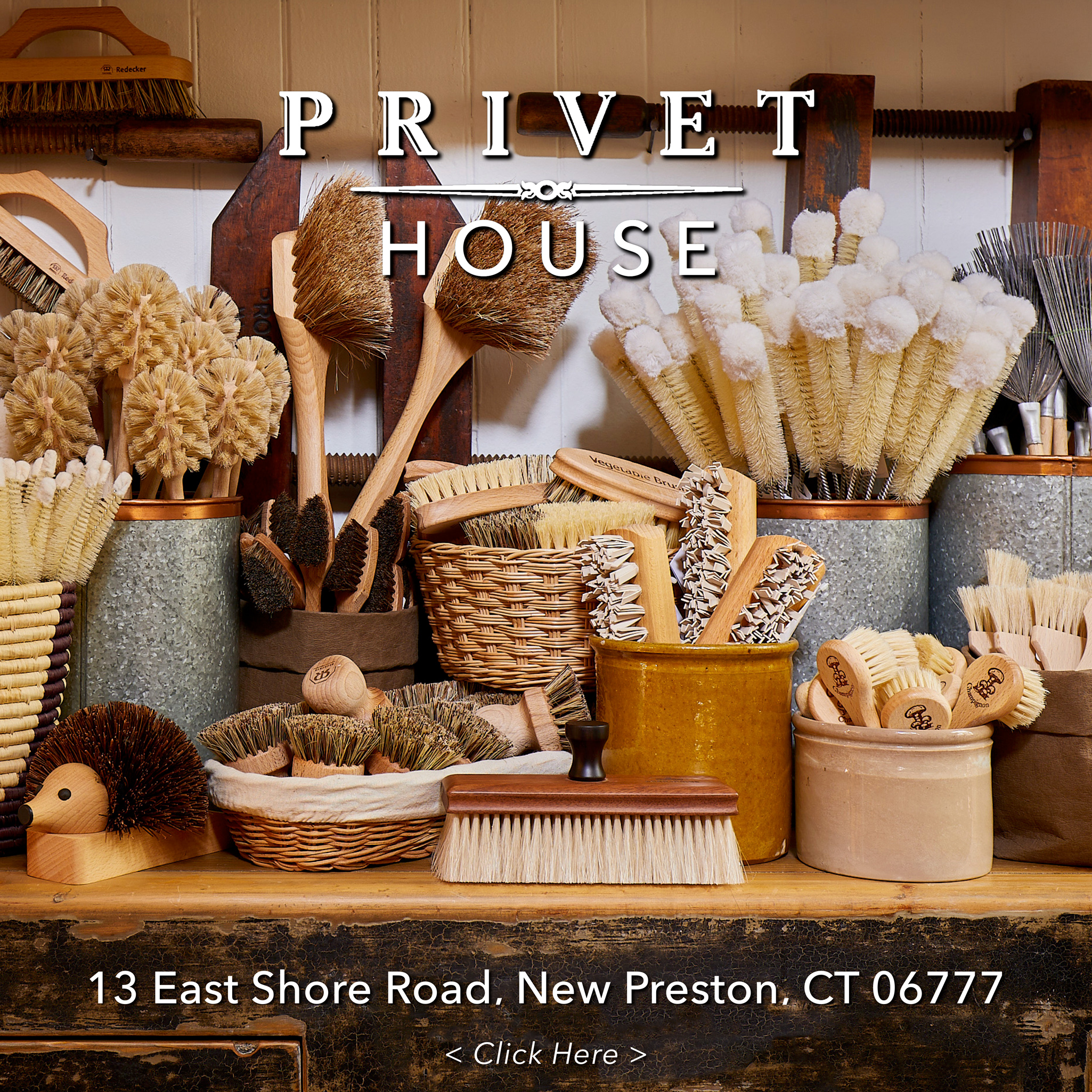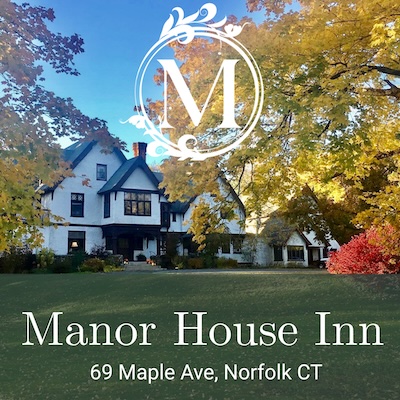October 31, 2022
By Clementina Verge
Many high school students graduate with little knowledge about themselves and how the world works, and feel overwhelmed about immediately pursuing college. The remedy is the gap year—an essential bridge to self-discovery, as well as rediscovering curiosity, personal motivation, and the wonder of ideas.
The insight comes from Jake Horne, an educator, mentor, and founder of The Student Compass, a Washington Depot-based program that provides personalized mentoring for academic and personal development. He advises parents to consider the gap year experience for children who finish high school bright, but “filled with anxiety and struggling to find their place in the world.”
“This anxiety, a cumulative phenomena that Gen-Z is experiencing, pre-dates the college application process and is deeper rooted than in previous generations,” he emphasizes, “embedded in the angst and zero-sum mentality of American society.”
“After 14 years of schooling and 20 years of social trauma, the gap year offers opportunities to rest academic minds and experience new perspectives, actually applying knowledge to real world experiences,” Horne explains.
Understandably, deferring college is a novel strategy for many parents, but Horne—whose daughters thrived from gap years—provides assurance. Alleviating parental worries, he addresses misconceptions that this break is wasted time by relating that “91 percent matriculate college following their gap year, but with a more engaged, expanded worldview.”
A customized plan incorporating three experiences in three environments fuels this transformation. First comes college admission, which Horne can assist with. Once accepted and committed to a university, students submit a letter requesting a gap year. Then, Horne begins mentoring them, building rapport, and “getting to know their hopes and dreams” before presenting them with possibilities and matching them with proven programs, supervised by adult coordinators.
Examples include volunteering with dolphin research in Florida, teaching art in Costa Rica, and visiting the country of one’s ancestors and working as apprentices. Such diverse experiences generate personal responsibility, adaptability, leadership, and inspire appreciation for other cultures. In between, gap year students often work locally and “have wonderful stories to share.”
Ultimately, the gap year helps students find a sense of purpose and emotional balance before college. It fosters independence, decision-making, and budgeting skills, while highlighting the complexity of human endeavor and “preparing them to enter college with social and emotional maturity that most secondary schools fail to teach.”
A Harvard graduate, Horne contends that “most schools are too achievement-oriented and performance-driven, causing significant anxiety for the Gen-Z population.”
“To enter college with such deep anxiety and misplaced belief that college, or someone else, will fix it, is an illusion. Being stuck in that illusion means missing the powerful engagement and broadening world view experienced in a liberal arts education,” Horne cautions. “What happens after college then is a scary, confused unknown at best, and a black hole at worst. Instead, it is vital to learn how to manage life, to make it productive, happy, and interesting, and to thrive in this world, not just survive.”
Following an extensive teaching career, including as an academic director and college counselor, Horne established The Student Compass in 2011. He has mentored hundreds of students seeking to develop a growth mindset, gain confidence, expand critical thinking, and overcome challenges as they acquire a purposeful sense of direction.
“Ultimately, these students are intrinsically better prepared and more motivated than their peers,” Horne reflects, noting universities including Princeton and Harvard seek them out. “The gap year isn’t simply an elective anymore. It is an essential part of a dynamic, transformative college learning experience, and critically influences one’s trajectory toward a healthy, thriving life.”—thestudentcompass.com






















